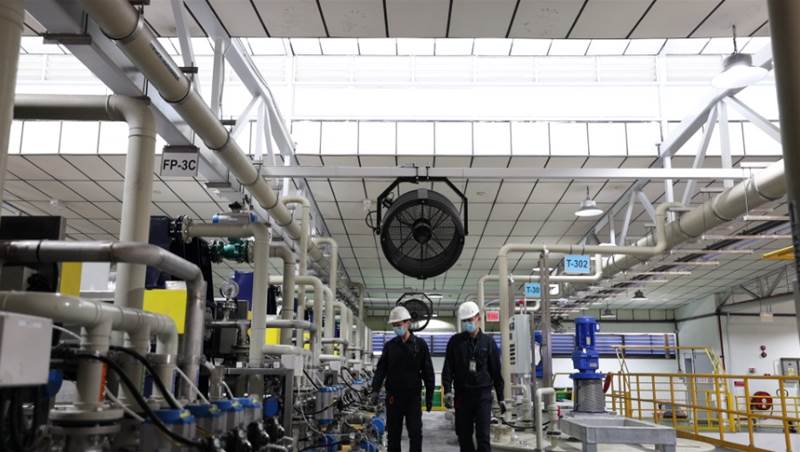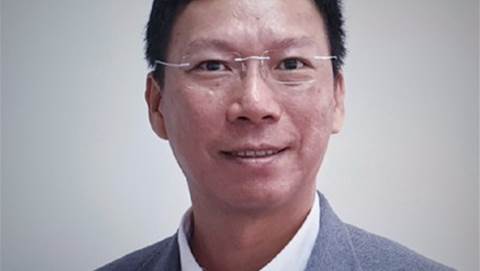Eaton and TES, a provider of sustainable technology lifecycle services, haves signed a lithium-ion battery recycling partnership agreement, aimed at minimising the environmental impact of the power management industry.
As Eaton’s first Lithium-ion battery recycling programme in APAC, the agreement also extends the company’s service offering by enabling a more sustainable approach to e-waste management for enterprise end-users.
Given their longer lifespan, better performance and smaller footprint, lithium-ion batteries are the preferred energy storage solution used in Eaton’s uninterruptible power supply (UPS) products.
Through this partnership, Eaton’s customers will have the option to recycle lithium-ion batteries when their UPS products approach the end of the life cycle. Eaton and TES expect to recycle 5 megawatt-hour (MWH) of lithium-ion batteries over the next five years – the equivalent of over one million smartphone batteries. The programme will see over 90% of precious metals recovered and used in the production of new batteries as well as other industrial applications.
“Reducing our environmental footprint and enabling our customers to join us in contributing to, as well as benefiting from, the circular economy is a priority for us at Eaton. Our partnership with TES places us in a stronger position to deliver against these goals,” said Jimmy Yam, Electrical Sector Vice President at Eaton East Asia.
Benefits of lithium-ion batteries
Used in power management technologies ranging from UPS solutions to utility-scale energy storage, lithium-ion batteries have been growing in popularity in recent years as a safe, stable, and efficient alternative to traditional valve regulated lead acid batteries in industrial and enterprise applications.
According to BloombergNEF, demand for lithium-ion batteries is forecasted to leap tenfold by 2030; while SP Global anticipates global lithium-ion battery production capacity to more than triple between 2020 to 2025.
“Surging demand for lithium-ion batteries has resulted in the growing twin challenge of raw material commodity shortages in the battery production sector, as well as environmental impact from poor e-waste management. A committed and collective approach is needed for us to make meaningful progress in tackling these complex and multi-dimensional problems. This is why we are encouraged and delighted to kickstart our collaboration with Eaton,” said Thomas Holberg, Global Vice President, TES Sustainable Battery Solution.
Lithium-ion batteries recycled through Eaton and TES’ partnership will be processed at the TES B recycling facility in Singapore, which was set up in March this year.









